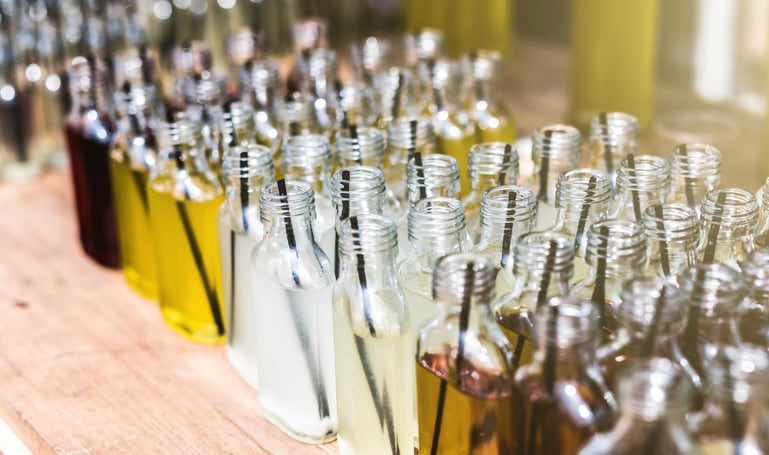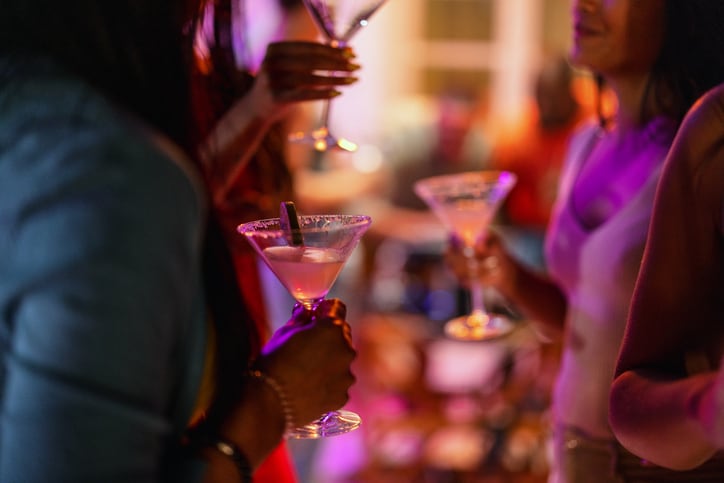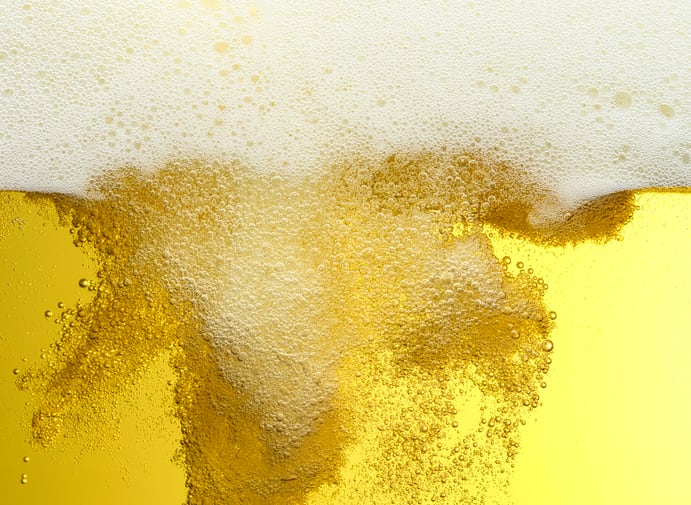Sampling is a great way to get ‘sips to lips’: encouraging consumers to try out a new drink or brand that they haven’t yet purchased; or introduce them to something entirely new.
Meanwhile, promotions are popular with consumers as they offer an extra incentive to buy a particular drink and brand.
The Portman Group, the alcohol industry’s self-regulator in the UK, wants to help brands deliver responsible sampling and promotional activities.
One of the Portman Group’s top tips is to ensure sampling and promotional events only happen at events which don’t hold appeal to children.
Meanwhile, competitions which require consumers to purchase a drink to enter should have a limit on how many times each person can enter.
The Portman Group is funded by 21 member and associate member companies: including Asahi UK Ltd; Bacardi; Suntory; Brown-Forman; AB InBev; Campari; Coca-Cola; C&C; Diageo; Heineken; Molson Coors; Pernod Ricard UK; and Treasury Wine Estates.
Its remit is to ensure alcohol is promoted in a socially responsible way: in particular, ensuring it does not hold appeal to children or vulnerable groups of people.
Laura Blackmore, the Portman Group’s Advice and Training Executive, said brands frequently seek advice as to how best to run sampling activities.
“We do see a good number of requests regarding sampling in our confidential Advisory Service and we wanted to let other producers know that our service exists to ensure that events are run in a responsible way,” she told us.
Top tips from the Portman Group on sampling and promotions for alcohol
• Marketing: Events should not have particular appeal to under-18s, even if the event is restricted to over-18s.
Avoid activities like swingball or slip and slide, choose more adult focused events like darts, or tennis that have a broad appeal to all age groups.
• Sampling: Sample sizes should be just large enough to enjoy the quality and taste of the drink. A consumer should not be encouraged to drink more than four units of alcohol in one sitting.
• On-trade: If the purchase of a drink is required to enter a competition, entries should be capped at a limited number per consumer.
• Off-trade: Many brands choose to run promotions where customers have the chance to win tickets to a summer activity. If a drink needs to be opened in order to make an entry, producers should consider placing a limit on the amount of times someone could enter in a day.
Meanwhile, the guidance also encourages producers to keep their sampling activities within a sensible remit.
“The amount in a sample might be negligible, but it’s about reminding producers that’s exactly what sampling should be – a small amount to assess the taste and quality of the product.
“We’ve had some advice requests where a producer has wanted to give away quite a few drinks for sampling purposes and in those cases inadvertently encouraged immoderate consumption as a result,” she said. “In our experience, the majority of these types of promotions are run responsibly but if anyone has any questions about an upcoming activity it’s worth reaching out to us as it’s a free service.”



